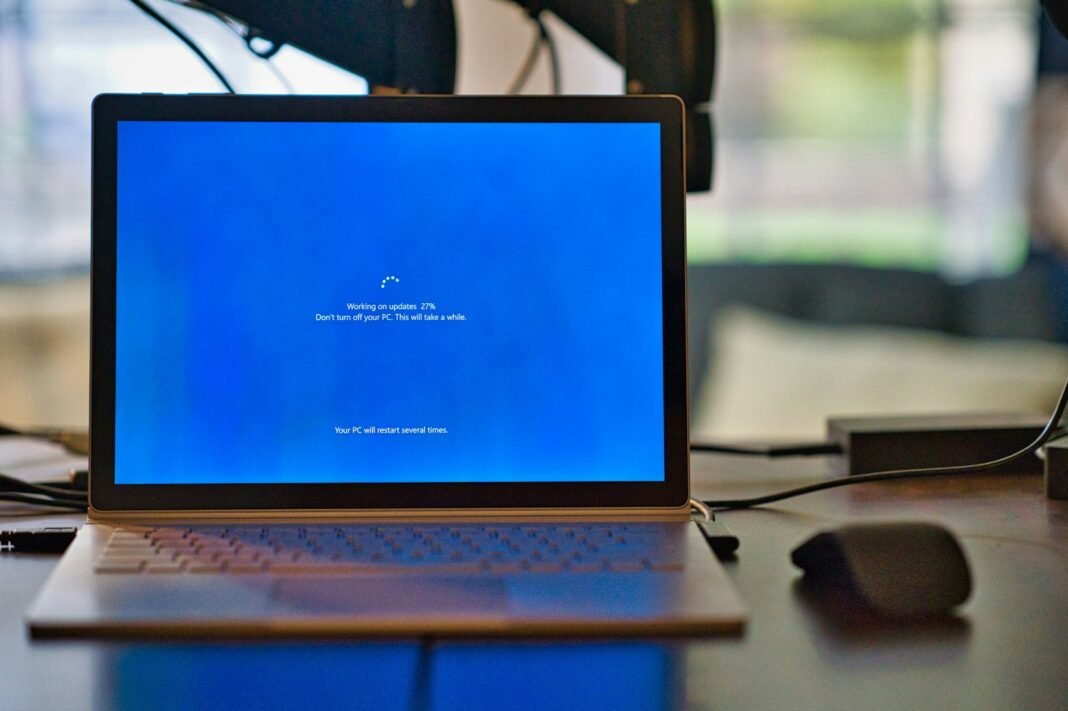We all know the frustration of a slow PC. Even in 2025, Windows 10 and Windows 11 users report that after a few months of use, their system becomes sluggish due to unnecessary files, cache, and unused apps. According to Microsoft’s 2024 performance study, nearly 65% of slowdowns are linked to storage clutter. In this guide, we’ll explore effective and safe ways to clean your computer, free up storage, and optimize performance.
1. Use Storage Sense (Built-in Cleaner)
Storage Sense is Windows’ in-built automatic cleaner. It can delete temp files, recycle bin contents, and old downloads. Navigate to Settings > System > Storage and enable Storage Sense. You can schedule it daily or weekly. In 2025, Microsoft reports over 40% of users rely on Storage Sense as their primary cleanup tool.
2. Disk Cleanup Tool
The Disk Cleanup utility has been around since Windows XP, and it’s still relevant. Simply search ‘Disk Cleanup’ in the start menu, select the drive (usually C:), and tick options like ‘Temporary Internet Files’, ‘System Cache’, and ‘Windows Update Cleanup’. This can free up several gigabytes.

3. Clear Temporary Files Manually
Press Win + R, type %temp% and delete the files inside. Repeat with temp and prefetch. These are safe to delete as they are only cached data. Many power users recommend doing this once every two weeks.
4. Uninstall Heavy/Unused Apps
Open Settings > Apps > Installed Apps. Sort by size and remove apps or games you don’t use. For instance, a single modern game can occupy over 100 GB.
5. Move Large Files to Cloud or External Drive
Videos, movies, and raw photos consume huge space. Consider moving them to OneDrive, Google Drive, or an external SSD. A 1TB external SSD in India costs ₹4,500–₹5,000 in 2025, which is a smart investment compared to sluggish performance.
6. Use Third-Party Tools (With Caution)
Tools like CCleaner or BleachBit can perform deep cleaning. However, always download from official websites to avoid malware. In 2024, CCleaner had 500M+ downloads globally.
7. Defragment and Optimize Drives
Search ‘Defragment and Optimize Drives’ in Windows. SSDs don’t require defragmentation but can benefit from ‘Optimize’ which performs TRIM operations to improve longevity and performance.
Data Insights
- Microsoft (2024): PCs with less than 15% free storage experience up to 30% slower boot times.
- Statista (2023): 72% of Windows users run manual cleanup at least once per month.
Conclusion
Maintaining your Windows PC is not just about speed—it extends the lifespan of your device. A combination of built-in tools, manual cleanup, and cloud storage ensures your system runs like new in 2025. Try these methods today and you’ll instantly feel the difference.

